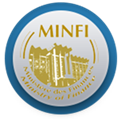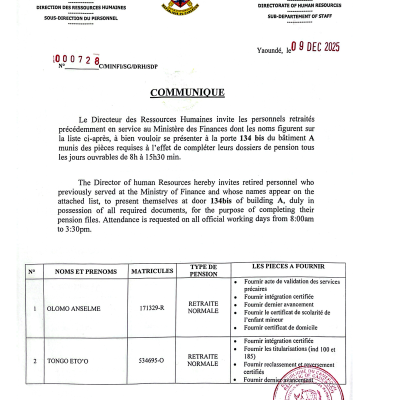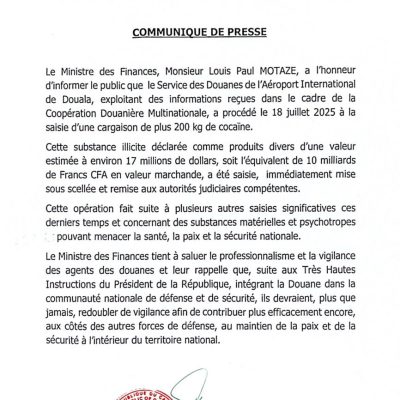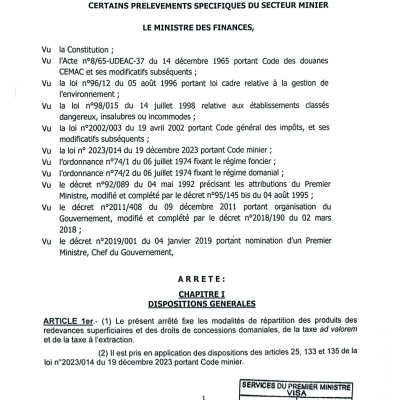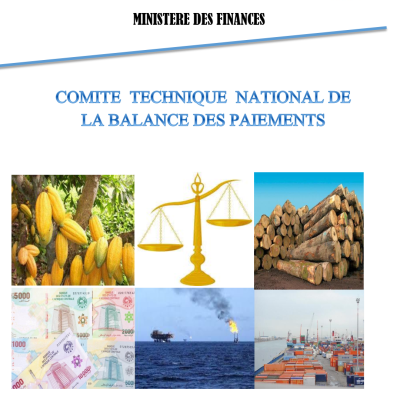MINFI continues to raise awareness among stakeholders
Correspondents, depositors as well as civil society were the guests of Louis Paul Motaze on 23 October for the presentation and challenges of the reform of this instrument.
Local elected officials from the 10 regions of Cameroon met in Douala on 23 October to closely follow the presentation of the single treasury account, made by the Minister of Finance, Louis Paul Motaze himself. Central bank, community of donors, bodies, public enterprises and administrative public establishments, the Autonomous Sinking Fund and the operators of the banking system as a whole were equipped with the challenges, advantages and functioning of the Single Treasury Account, whose institution dates back to 2011 thanks to the establishment of CEMAC’s harmonized public finance management framework.
Today, the government has entered the phase of accelerating the operationalization of this instrument. Therefore the 2018 fiscal regime of the State in its article 79 lays the foundations for the appropriation of the provisions of this transnational directive to national laws. “Public resources are all, whatever their nature and whoever they are destined to, are collected and managed by public accountants. They are paid in and kept in a single account opened in the name of the Treasury at the Bank of Central African States “, provides the paragraph of this article of the new fiscal regime of the State.
The establishment of a single treasury account “should provide an overview of the liquid assets of the State and the entities.
Established since 2007 in Cameroon, the Single Treasury Account is not specific to Cameroon, even less to the CEMAC sub-region. Its recognition aims to align national practices with internationally recognized standards in financial management in general and cash management in particular.
Like all reforms, the establishment of this important cash management tool in Cameroon has aroused apprehensions, mistrust and reluctance on the part of the players. Hence the initiation of an awareness-raising operation for the said actors which has already led the related caravan to parliamentarians, certain correspondents and depositors of the Treasury as well as part of civil society.
The workshop on 23 October in Douala was therefore the second phase of this caravan which brought together still with a view to raising their awareness as to the irreversible nature of this reform as well as the contours of its new architecture, the leading actors among which were, the Heads of Council Executives and the Managers of Public Establishments and Enterprises.
